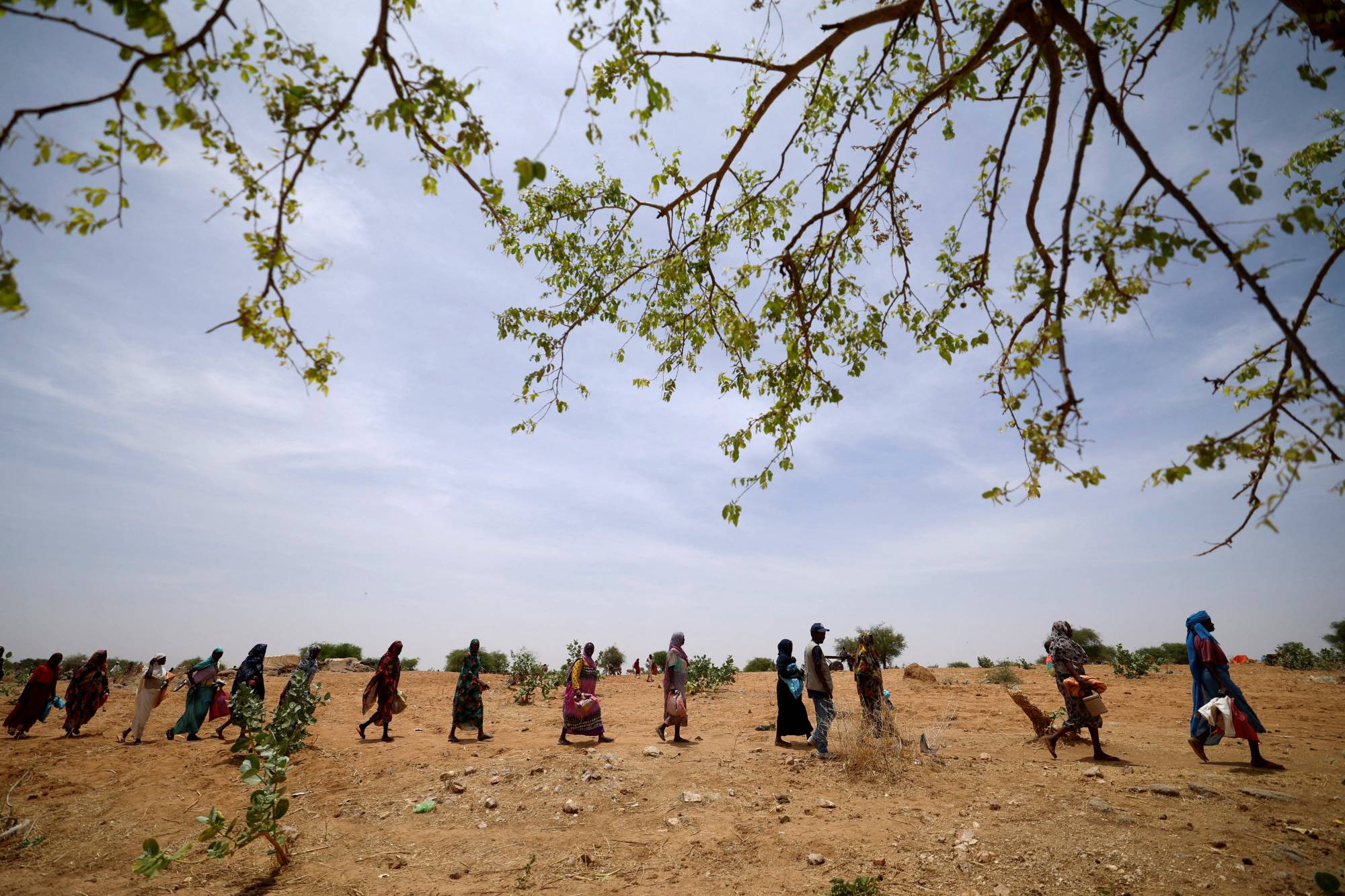On May 9, shortly after her 12th birthday, Muna left her home in Khartoum and walked to the local shop. She often ran errands on her own and would quickly return to her mother. But not this time. Two soldiers buying cigarettes noticed Muna as she was choosing bread — one grabbed her arm while the other raised his rifle, threatening the store owner to keep his distance. They dragged her to a construction site nearby and raped her.
The soldiers were members of the Rapid Support Forces, a paramilitary group that’s been fighting the Sudanese Army for control of the capital city for the past three months. Both have a fearsome reputation. Dumped on the side of the road, bleeding and in pain, Muna made it home with the help of the shopkeeper, a family friend. Her parents filed a complaint with judicial authorities, who referred them to a psychologist, who in turn, advised them to avoid the nearest hospital because it was controlled by the RSF. Instead, they checked Muna for sexually-transmitted infections at a private clinic and asked a pharmacy for sanitary pads and painkillers.
Days later, the family fled the city. Before dropping off the radar, Muna’s parents gave permission for her story to be shared. Bloomberg News is not disclosing their identities for safety reasons, and is using Muna as an alias. Her rape — revealed in government documents reviewed by Bloomberg and verified by two aid workers — is part of a much wider pattern of soldiers committing sexual violence in Sudan’s conflict. Many cases are going unreported, activists say, in a country where foreign journalists are essentially banned by the government.



